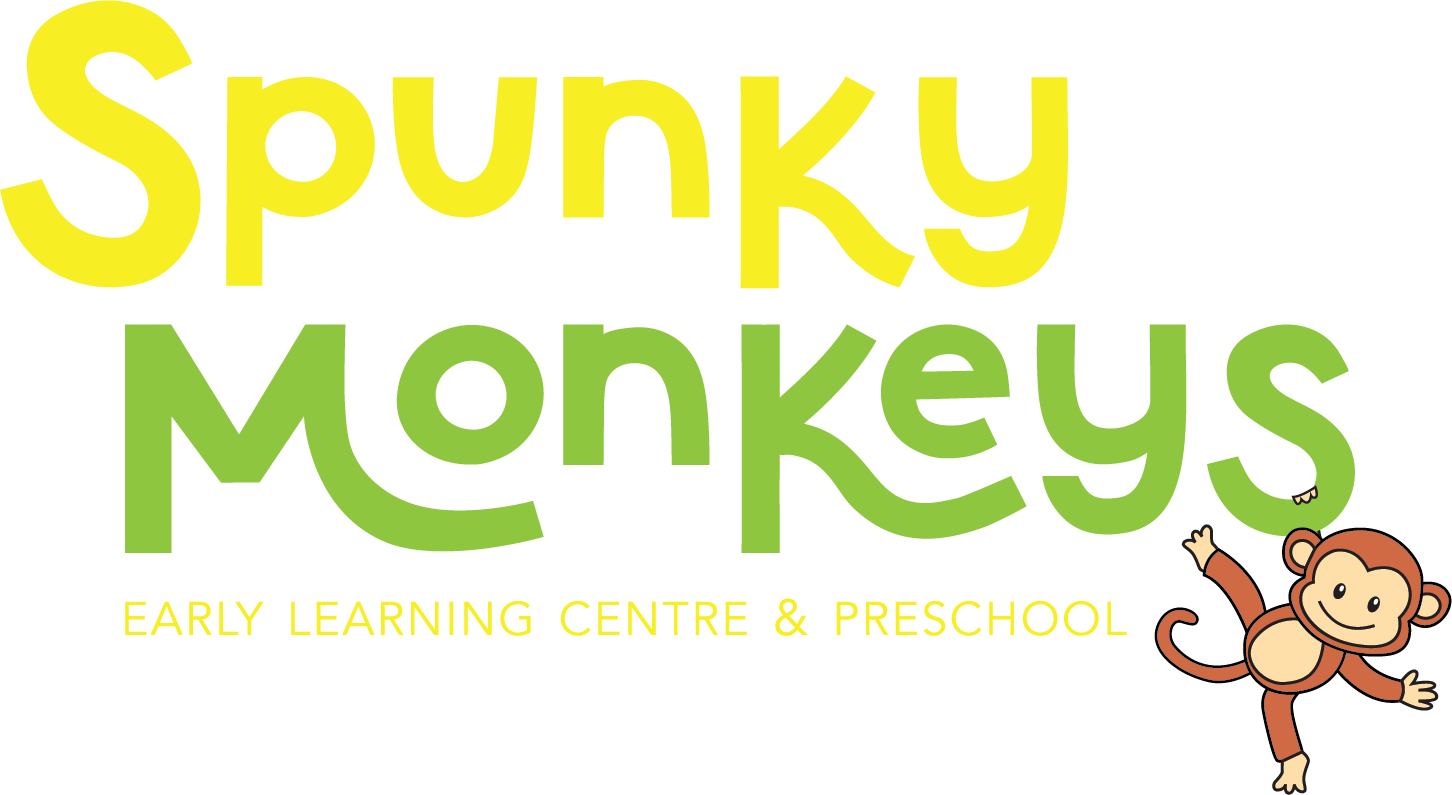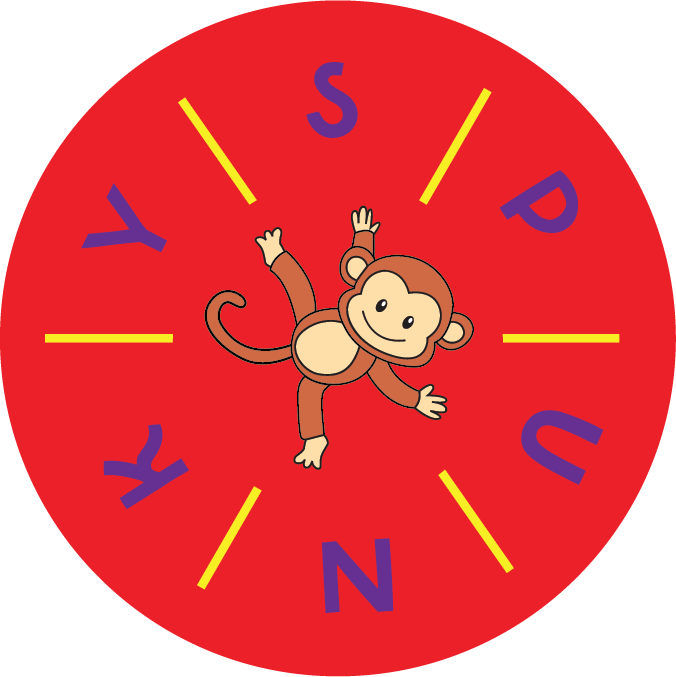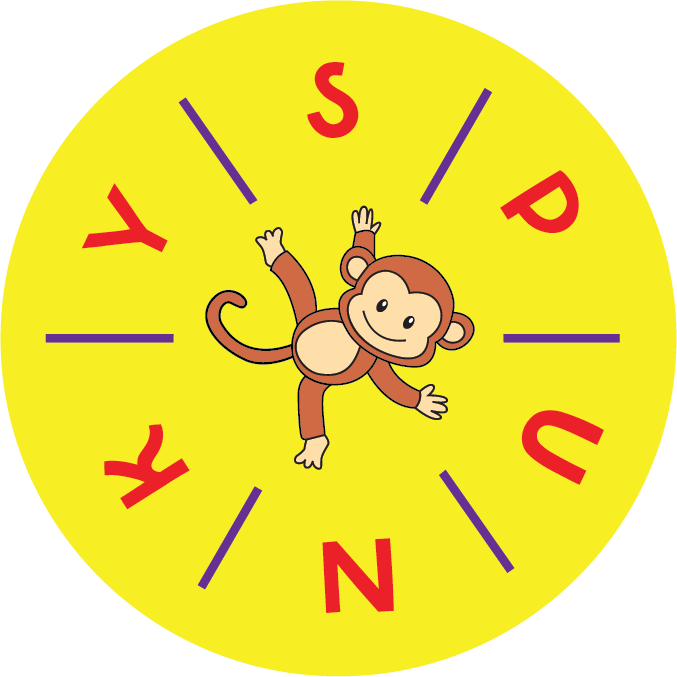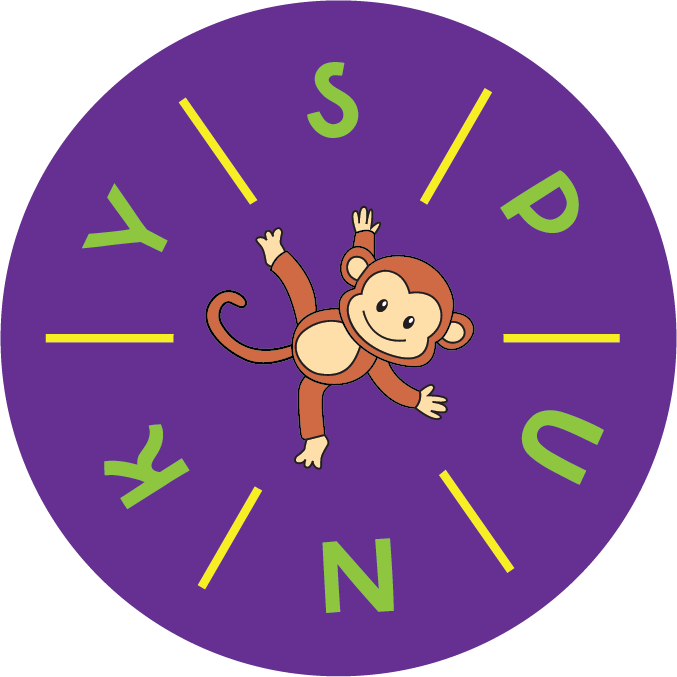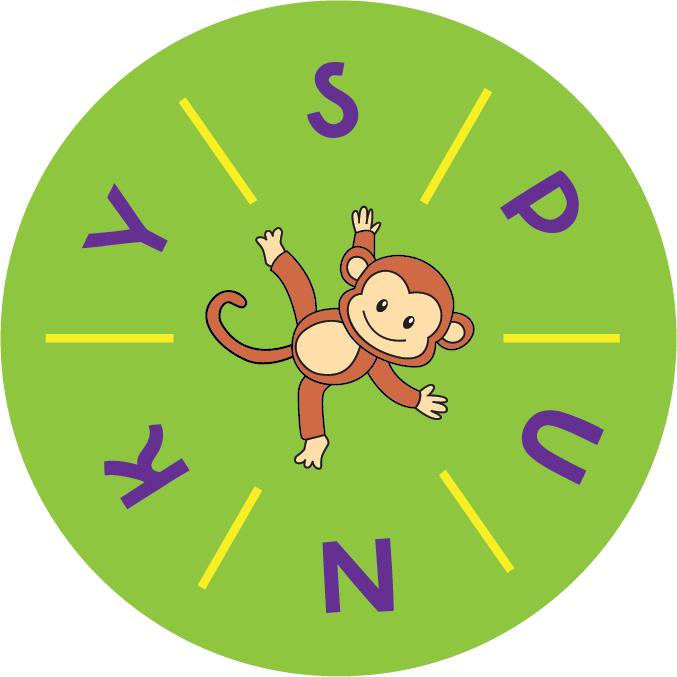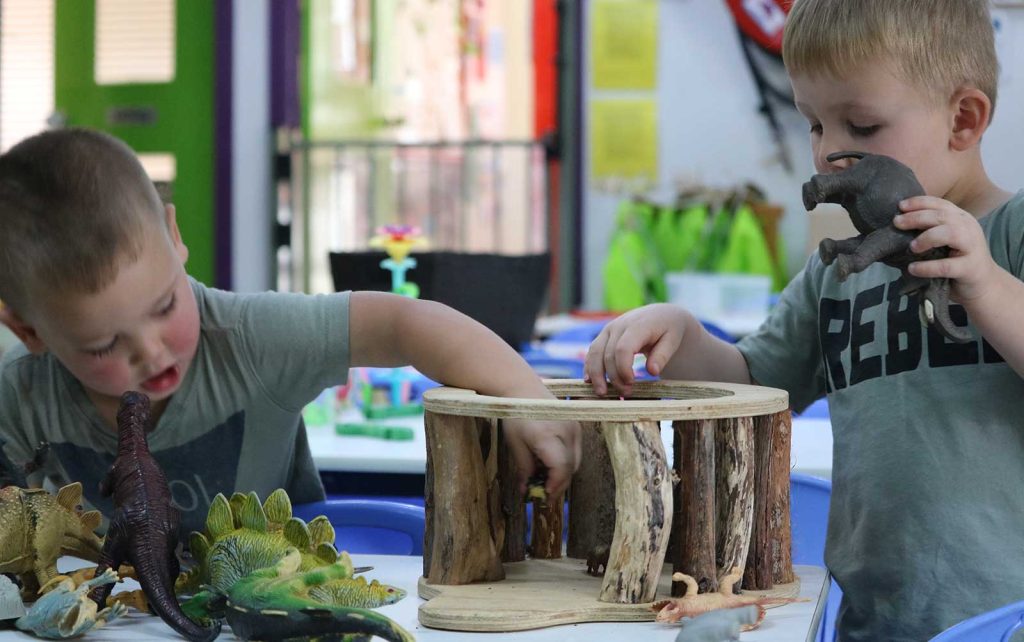
Early childhood educators understand the importance of play and its impact on the development of our younger generation. As a sector we have 2 frameworks which govern us, The Early Years Learning Framework (used for Early Childhood settings), and My Time, Our Place (used in before and after school care settings). They both play an important role in guiding the educators and our curriculum.
When children play they choose to do it. They choose with what to play with and how to engage in the activity. There are many contributing aspects to how children play. They can be the child’s mood at the time, their interest, and other children around them or their environment. As adults we can scaffold play for children, but how they interact is on their own terms.
As early childhood educators we put such importance on the environment, what materials we have on offer for the children and what activities we have set up for the children. We also have to consider how we involve ourselves into the child’s play. If we were to start asking questions the imaginary world the children have created can be easily lost.
“The ability to play is critical not only to be happy, but also to sustaining social relationships and being a creative, innovative person. Play is intensely pleasurable. It energises us and enlivens us. It eases our burdens, it renews out natural sense of optimism and opens us up to new possibilities.”?Brown,S. (2010) Play, how it shapes the brain, opens the imagination and invigorates the soul.
Parallel, independent and cooperative play are just some examples of the type of play that children engage in. All forms of play are important and should be encouraged at all times. Unoccupied play may not seem like play, children demonstrate random movements, but this allows children to gain the understanding ready for play exploration in the future.
